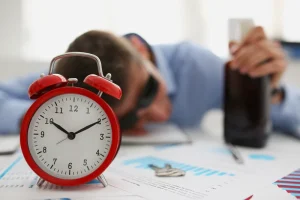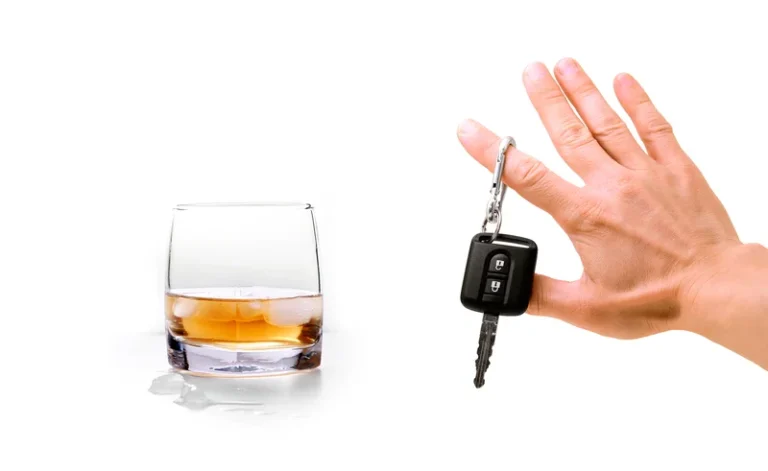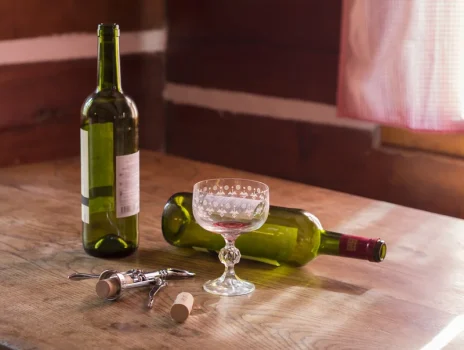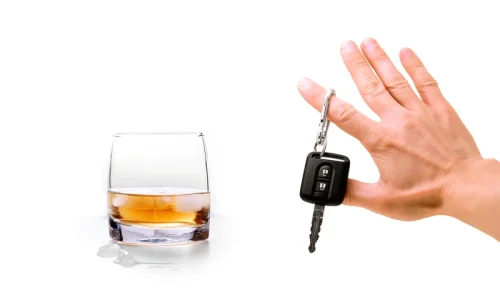- Have any questions?
- +92-42-35887762-63
- +92-42-35940177
- info@aridlahore.edu.pk
Why Alcohol Causes Dehydration and How to Prevent It
How to hire an accounting virtual assistant
September 20, 2022Internal vs external auditing
October 13, 2022Why Alcohol Causes Dehydration and How to Prevent It

Our Hangover IV therapy starts with a Myer’s cocktail base, which includes a mixture of fluids, electrolytes, and other great stuff the body can always use. As for its taste, most people describe non-alcoholic red wine as oaky, but quite different to your normal glass of, say, merlot or cabernet sauvignon. An alcohol-free glass of white can have notes of pear and citrus, and non-alcoholic sparkling wine is generally considered to be the closest match to its alcoholic counterpart. A small amount of beer will not lead to severe dehydration, but we should not drink beer to rehydrate. If we’re experiencing any of these after excessive alcohol consumption, we could have alcohol dehydration, which can result in serious is wine dehydrating health consequences.
Why does alcohol cause dehydration?
- In fact, a standard glass of wine (5 ounces) typically comprises about 4 ounces of wine and 1 ounce of water.
- If you’re out in the desert and you’re in the sun the temperatures could be over 100 degrees centigrade.
- If we’re experiencing any of these after excessive alcohol consumption, we could have alcohol dehydration, which can result in serious health consequences.
- “If you are looking to find a drink that is less dehydrating, try choosing ones that you would enjoy over a longer period of time,” Richardson says.
- Excessive drinking can also lead to a buildup of a toxic substance called acetaldehyde.
- As a lover of wine, I have frequently pondered the actual influence of wine on hydration.
- And since alcohol increases our heart rate, it makes us sweat more, which accelerates how fast we become dehydrated.
More research is needed to establish whether similar effects apply to women. The present study is the first to test the diuretic effect of moderate amounts of weak and strong alcoholic beverages in euhydrated elderly men. Significant differences in the cumulative urine output, osmolality, and sodium and potassium concentration were only present between AW and NAW, and between S and W, during the first 4 h after intake. No significant differences were found between AB and NAB for the urine output, osmolality, and sodium and potassium concentration at any time point. This may imply that the acute effect of alcohol on the cumulative urine output is directly dependent on the alcohol concentration and not on the net alcohol content.
What are the symptoms of dehydration from alcohol?
When this occurs, you’ll urinate some of the water your body had stored beforehand, leaving you more dehydrated than you were before. This is somewhat similar to how coffee can lead to fast urination, although wine is generally more dehydrating because of the effects below as well. You probably know dehydration as what happens to our bodies when we don’t take in enough fluids. “That’s pretty close to those hangover symptoms, right?” asks Brigitte Zeitlin, M.P.H., R.D., C.D.N., and owner of BZ Nutrition. It is also important to take into account the strength of the alcohol. A glass of wine containing 14% alcohol challenges a person’s metabolism (and hydration level) more than a similar glass with 10%.
How Much Water Should I Drink?

That said, the higher a drink’s alcohol content, the more of a diuretic it’s believed to be. When you lose too much water without properly replacing it, you become dehydrated. Dehydration can cause mild symptoms like headache, dry mouth, dizziness, and fatigue, or severe issues like damage to the brain, heart, kidneys, and even death (1). Water is obviously the best source of fluid, but realistically, do other beverages, including alcohol, count toward your daily quota, and if so, how much?
- An independent scientist who was not involved in the study took care of the randomization of the participants and treatment allocation.
- Before we dive in, let me start by saying that I am not a medical professional.
- When you’re thirsty — or after you’ve gone for a run — you probably don’t reach for a beer, and you certainly don’t mix an Old Fashioned.
2.1. Differences between the Alcoholic Beverages and Their Non-Alcoholic Counterparts

Those same polyphenols in red wine can help lower or control blood pressure. This high water content should theoretically counterbalance any dehydrating effects of the alcohol present in the wine. If you’ve eaten some food and have consumed a glass of water, you can drink a few glasses of wine before you start to feel the effects of mild to moderate dehydration. Of course, the more you urinate, the faster you’ll become dehydrated if you keep following up with more glasses of wine.

- After a night of drinking it’s important to make sure you rehydrate.
- Based on this, the relevance of the diuretic effect of moderate alcohol consumption in the real-life situation under normal circumstances, can be questioned.
- A sufficiently alcoholic drink can suppress ADH to the point where your kidneys actually excrete more water than the volume of the drink itself, and so there’s a net dehydrating effect.
- First of all, the diet-controlled crossover design minimizes the influence of confounding variates.
ADH causes your kidneys to extract excess water from your urine so that it can be recycled back into your body. Without any ADH at all, your kidneys would dump about 10 litres of water a day into your bladder; ADH reduces this to one or two litres. As a wine aficionado, I often find myself pondering various facets of this beloved beverage. A question that has arisen in my mind is the potential for Drug rehabilitation wine to lead to dehydration. This subject is much debated, and in this article, I aim to explore it in depth to provide you with a comprehensive answer. Most guidelines recommend aiming for a total fluid intake of about 11.5 cups (2.7 L) for women and 15.5 cups (3.7 L) for men, which includes water from both foods and beverages (16).

However, in the present study, a lower amount of alcohol is tested, and the period of urine collection is longer (24 h). Therefore, we decided to increase the sample size to 20 participants. In addition, cocktails with sugary mixers or caffeinated alcoholic beverages can amplify fluid loss and worsen alcohol-related dehydration. Taking electrolytes before drinking alcoholic drinks can prevent alcohol-related electrolyte depletion and dehydration.

